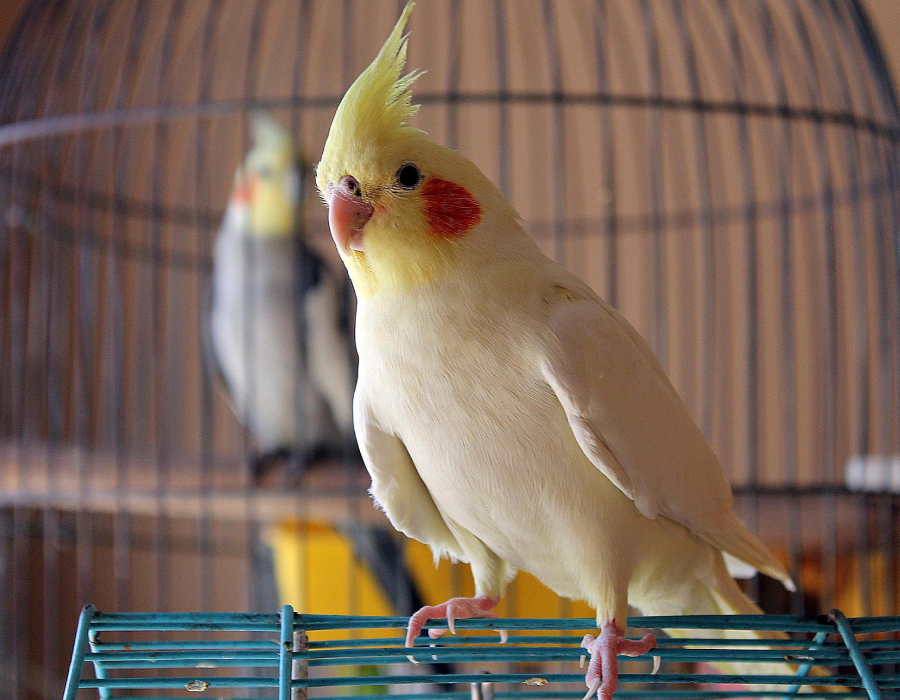Birds and Relocation
Relocating with birds can be particularly challenging due to strict international regulations and the delicate nature of avian species. Many countries impose restrictions on the import of birds to protect public health, safeguard local ecosystems, and comply with international agreements like CITES (Convention on International Trade in Endangered Species). Animal Mama Hospital is a veterinary hospital which successfully relocated more than 8,000 pets, including birds.

Common restrictions on birds
Parrots, Cockatoos, and Macaws: These are often restricted due to their status as protected species under CITES and the risk of spreading diseases like psittacosis.
Poultry: Chickens, ducks, and other domesticated fowl are typically restricted to prevent the spread of avian influenza.
Wild birds: Many countries ban the relocation of wild-caught birds to protect biodiversity and discourage illegal wildlife trade.
Reasons for restrictions
Health risks: Birds can carry zoonotic diseases like avian influenza and Newcastle disease, posing a threat to human and animal populations.
Environmental concerns: Non-native bird species can disrupt local ecosystems, leading to restrictions on their import.
Ethical and conservation issues: Transporting birds, especially over long distances, can be extremely stressful and harmful to their health. Protected species are often banned to prevent exploitation and illegal trade.
Bird relocation requires careful planning, compliance with regulations, and consideration for the bird’s welfare. At Animal Mama Hospital, we are dedicated to helping you navigate these challenges to ensure your pet’s safety and well-being.
Solutions for bird relocation
If relocating with your bird is a challenge, here are some solutions to consider:
- Consult a specialist: Work with pet relocation experts who understand international bird transport regulations and can guide you through the process.
- Temporary foster care: Find a trusted friend, family member, or organization to care for your bird if relocation isn’t possible.
- Relocation to approved countries: If your current destination prohibits bird relocation, consider relocating to a bird-friendly country first, then arranging further transport.
- Sanctuaries and aviaries: Explore reputable sanctuaries or aviaries where your bird can live safely if relocation is not viable.
List of countries with bird relocation restrictions
Always verify with local authorities or consulates for the latest regulations on bird importation for your specific destination. Certain countries have outright bans or strict regulations on bird imports:
- Australia and New Zealand: Strict biosecurity laws make it nearly impossible to import birds to protect local ecosystems.
- Singapore: Imports are heavily regulated, and some species are outright banned.
- Japan: Restrictions focus on disease control, requiring extensive documentation and quarantine.
- Saudi Arabia: Import restrictions due to zoonotic disease concerns.
- European Union (specific member states): Some member states have additional requirements or restrictions beyond EU guidelines.
FAQs about relocating birds
- Can I relocate my pet parrot?
Relocating parrots often requires special permits under CITES regulations. Check with your destination country for specific requirements and documentation.
- Why are birds commonly restricted?
Birds are restricted to prevent the spread of zoonotic diseases and protect local ecosystems. Conservation efforts also play a significant role in these regulations.
- What documents are needed to relocate a bird?
You may need a health certificate, proof of vaccinations, import/export permits, and CITES documentation if the species is protected.
- Are there quarantine requirements for birds?
Many countries impose quarantine periods for birds to ensure they are free from diseases like avian influenza. The duration varies by country.
- What should I do if my bird is not allowed to relocate?
Consider trusted caretakers or sanctuaries as alternatives. Consulting with experts or relocation specialists can help you explore options.
Because Animals Are People Too

